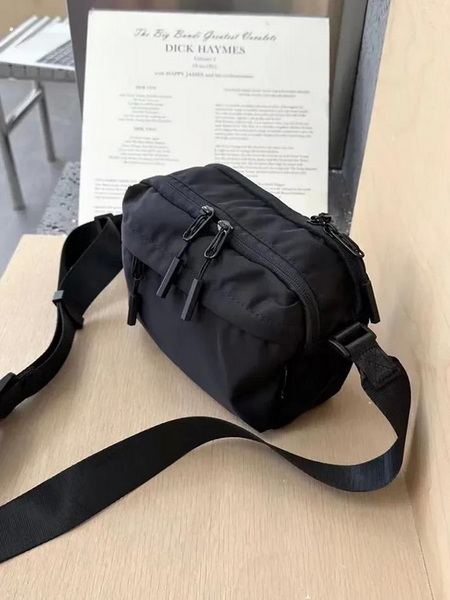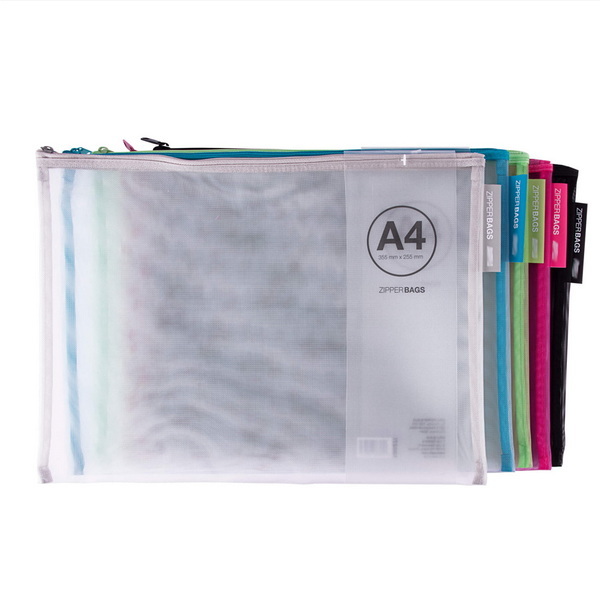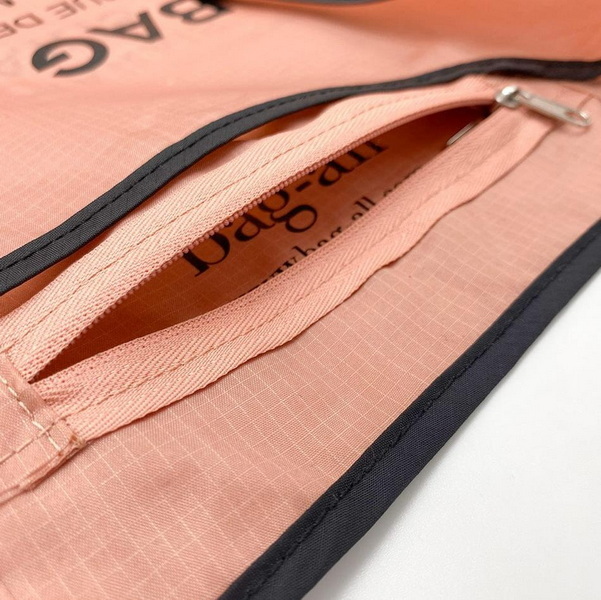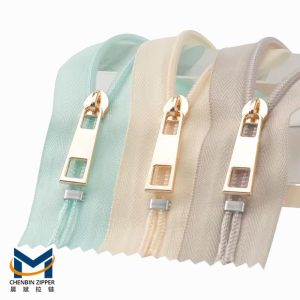In the world of fashion and functionality, the zipper bag has emerged as a staple accessory across various industries. From outdoor enthusiasts to everyday consumers, zipper bags serve a multitude of purposes, making them a popular choice for brands and manufacturers alike. At the heart of this functionality lies the nylon zipper, a component that enhances durability, usability, and aesthetic appeal. This article delves into the significance of nylon zippers in zipper bags, exploring their benefits, applications, and the future of this essential product.
Understanding Zipper Bags
Zipper bags are versatile storage solutions that come in various shapes and sizes. They are designed to securely hold items while providing easy access through a reliable zipper mechanism. The primary function of a zipper bag is to protect its contents from external elements such as moisture, dust, and dirt. Whether used for travel, organization, or storage, zipper bags have become indispensable in daily life.
The Role of Nylon Zippers in Zipper Bags
Nylon zippers are favoured in the production of zipper bags due to their unique properties. Unlike metal or plastic zippers, nylon zippers offer several advantages that make them ideal for this application.
Durability and Strength
Nylon is known for its exceptional strength-to-weight ratio. This means that nylon zippers can withstand significant stress without breaking or deforming. When incorporated into zipper bags, nylon zippers ensure that the bags can endure heavy use without compromising their integrity.
Lightweight Design
One of the most appealing aspects of nylon zippers is their lightweight nature. This characteristic is particularly beneficial for zipper bags designed for travel or outdoor activities where weight is a critical factor. A lighter bag contributes to overall ease of transport and convenience.
Resistance to Environmental Factors
Nylon zippers exhibit excellent resistance to moisture and UV rays. This property is essential for outdoor zipper bags that may be exposed to rain or direct sunlight. By using nylon zippers, manufacturers can create bags that protect their contents from potential damage caused by environmental factors.
Smooth Operation
The design of nylon zippers allows for smooth operation during opening and closing. This feature enhances user experience by providing quick access to the contents of the zipper bag without any hassle. A well-functioning zipper is crucial for maintaining customer satisfaction.
Applications of Nylon Zippers in Various Types of Zipper Bags
Zipper bags come in an array of styles and uses, each benefiting from the inclusion of nylon zippers. Here are some common applications:
Travel Zipper Bags
Travel zipper bags are designed to keep belongings organized during trips. These bags often feature multiple compartments and are made from lightweight materials to facilitate easy packing. The use of nylon zippers ensures that travellers can securely store their items without worrying about breakage and mix-up during transit.
Cosmetic and Toiletry Bags
Cosmetic bags often utilize nylon zippers due to their ability to withstand spills and moisture from products like lotions and perfumes. The durability of nylon ensures that these bags remain functional even with frequent use and exposure to various substances.
Outdoor Gear Storage
For outdoor enthusiasts, having reliable storage solutions is paramount. Zipper bags used for camping gear or hiking equipment benefit greatly from nylon zippers’ resistance to environmental conditions. These bags can safely hold items like clothing, food supplies, and camping tools while keeping them protected from each other.
The Manufacturing Process: Crafting Quality Zipper Bags
Creating high-quality zipper bags involves a meticulous manufacturing process that emphasizes precision and quality control. Here’s an overview of how these products are typically made:
Material Selection
The first step in producing zipper bags is selecting the right materials. High-quality nylon fabric is chosen for its durability and lightweight properties. Additionally, manufacturers must source reliable nylon zippers that meet industry standards for strength and performance.
Cutting and Shaping
Once materials are selected, they are cut into specific sizes based on the desired design of the zipper bag. Precision cutting ensures that all components fit together seamlessly during assembly.
Sewing and Assembly
The next phase involves sewing the fabric pieces together while integrating the nylon zippers into the design. Skilled workers utilize industrial sewing machines to ensure strong seams that will withstand regular use.
Quality Control
After assembly, each zipper bag undergoes rigorous quality control testing. This process includes checking the functionality of the nylon zippers, inspecting seams for any defects, and ensuring that the final product meets established standards.
Trends Influencing Zipper Bag Design
As consumer preferences evolve, so do the designs and functionalities of zipper bags. Several trends are shaping the future of this product category:
Eco-Friendly Materials
Sustainability has become a significant concern for consumers worldwide. Many manufacturers are now exploring eco-friendly materials for both the fabric and zippers used in zipper bags. Biodegradable options are gaining traction as brands aim to reduce their environmental impact.
Customization Options
Personalization is another trend influencing zipper bag production. Brands are increasingly offering customizable options, where customers can choose colors and patterns and even add personalized logos or designs to their bags.
Conclusion: The Future of Nylon Zippers in Zipper Bags
The application of nylon zippers in zipper bags exemplifies how a simple component can significantly enhance product functionality and user experience. As industries continue to innovate, we can expect further developments in materials and designs that will keep pace with consumer demands.
The versatility of zipper bags makes them essential across various sectors—from fashion to outdoor gear—and with ongoing advancements in manufacturing techniques, we anticipate an exciting future for this product category.
As a manufacturer specializing in producing high-quality nylon zippers for various applications including zipper bags, we remain committed to delivering innovative solutions that meet our clients’ needs while adhering to sustainability practices.
In summary, whether you’re looking for reliable storage solutions or stylish accessories, zipper bags featuring durable nylon zippers stand out as an excellent choice—combining practicality with modern design trends tailored for today’s consumers.
Frequently Asked Questions
1. What materials are commonly used in zipper bags?
Zipper bags are typically made from a variety of materials, including nylon, polyester, and PVC. Nylon is favoured for its durability and lightweight properties, while polyester offers good resistance to wear and tear. PVC is often used for its waterproof capabilities.
2. How do I care for my zipper bags to ensure longevity?
To maintain the longevity of your zipper bags, it is recommended to clean them regularly. Hand wash with mild soap and water, avoiding harsh chemicals. Allow them to air dry completely before storing. Avoid exposing them to extreme temperatures or direct sunlight for prolonged periods.
3. Can zipper bags be reused?
Yes, many zipper bags are designed for reuse. However, their re-usability depends on the material and intended use.
4. Are nylon zippers waterproof?
While nylon zippers themselves are resistant to moisture, they are not entirely waterproof. However, when used in conjunction with waterproof fabrics and proper sealing techniques, nylon zippers can help create water-resistant zipper bags suitable for outdoor use.
5. What sizes do zipper bags typically come in?
Zipper bags are available in a wide range of sizes to accommodate various needs. Common sizes include small (for cosmetics or travel accessories), medium (for snacks or toiletries), and large (for clothing or gear). Custom sizes can also be produced based on specific requirements.








